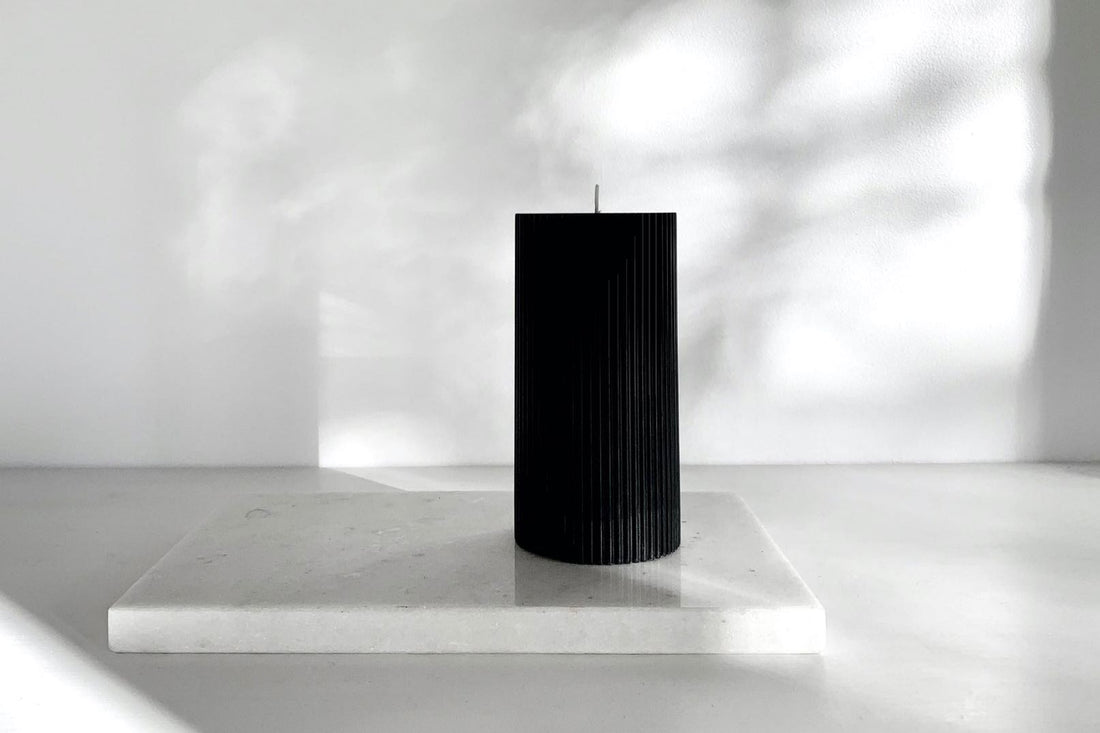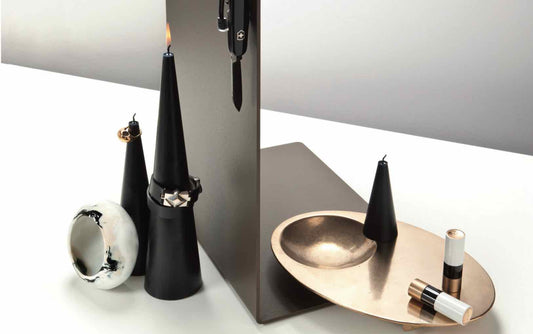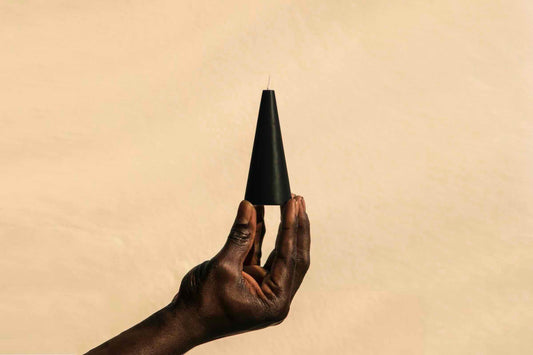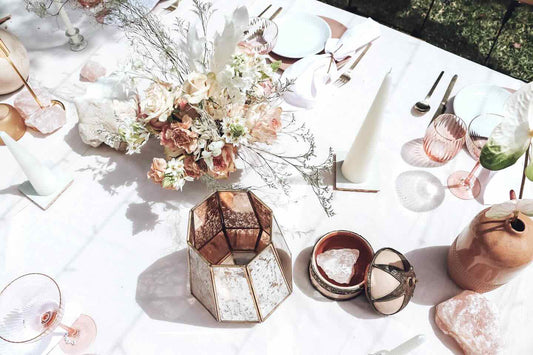
How candles may help you sleep better
Share
According to a new study published in the journal Sleep Medicine1, a third of Australians experience jet lag symptoms from lack of sleep, caused by exposure to artificial light before they go to sleep. Evidence has been building that exposure to even low levels of light in the evening or at night is disrupting our sleep quality; the blue light from screens and the evening light in our homes suppress melatonin and delay the timing of our sleep by disrupting our biological clock.
"We now have a dire situation where millions of Australians are failing to get the sleep they need to live happy, healthy lives," according to Professor Dorothy Bruck, chairwoman of the Sleep Health Foundation.2

So what would happen if we turned off the lights? Last winter author Linda Geddes, together with sleep researchers Derk-Jan Dijk and Nayantara Santhi from the University of Surrey in the UK, and with help from Marijke Gordijn, a chronobiologist at the University of Groningen in The Netherlands, designed a programme to go cold-turkey on artificial light after dark, and to try to maximise exposure to natural light during the day.
"Using candles rather than bright lights at night may help you sleep better"
“In modern societies, at least on weekdays, we don’t sleep in tune with our body clock,” according to Dijk. Exposure to artificial light at night is shifting our body clocks later. Light suppresses melatonin and tells our body to be alert, so using candles rather than bright lights at night may help you sleep better. “The important thing is that we create a light exposure pattern with sufficient light during the day, and not too much light in the evening,” says Dijk.3
Geddes found that once she’d adapted to the challenges, living without artificial light was very pleasant. Conversation seemed to flow more easily, and visitors also commented on how mellow and relaxed they felt in the dim light. Another bonus was that her children seemed to settle down more easily in the evenings. And towards the end of the experiment, she asked her daughter if she was looking forward to switching the lights back on. "No," she said. "It has been wonderful, because the candles are really relaxing."
It sounds deceptively simple, but spending more time outdoors during the daytime and dimming the lights in the evening really could be a recipe for better sleep and health.
Read more on how light affects our physical and mental health.
1. Sociodemographic and behavioural correlates of social jetlag in Australian adults: results from the 2016 National Sleep Health Study - Carol J. Lang, Amy C. Reynolds, Sarah L. Appleton, Anne W. Taylor, Tiffany K. Gill, R. Doug McEvoy, Sally A. Ferguson, Robert A. Adams↩
2. One-third of Australians are 'jet-lagged' from lack of sleep - Sydney Morning Herald, 9 July 2018↩
3. What I learned by living without artificial light - BBC Future, 25 April 2018↩




